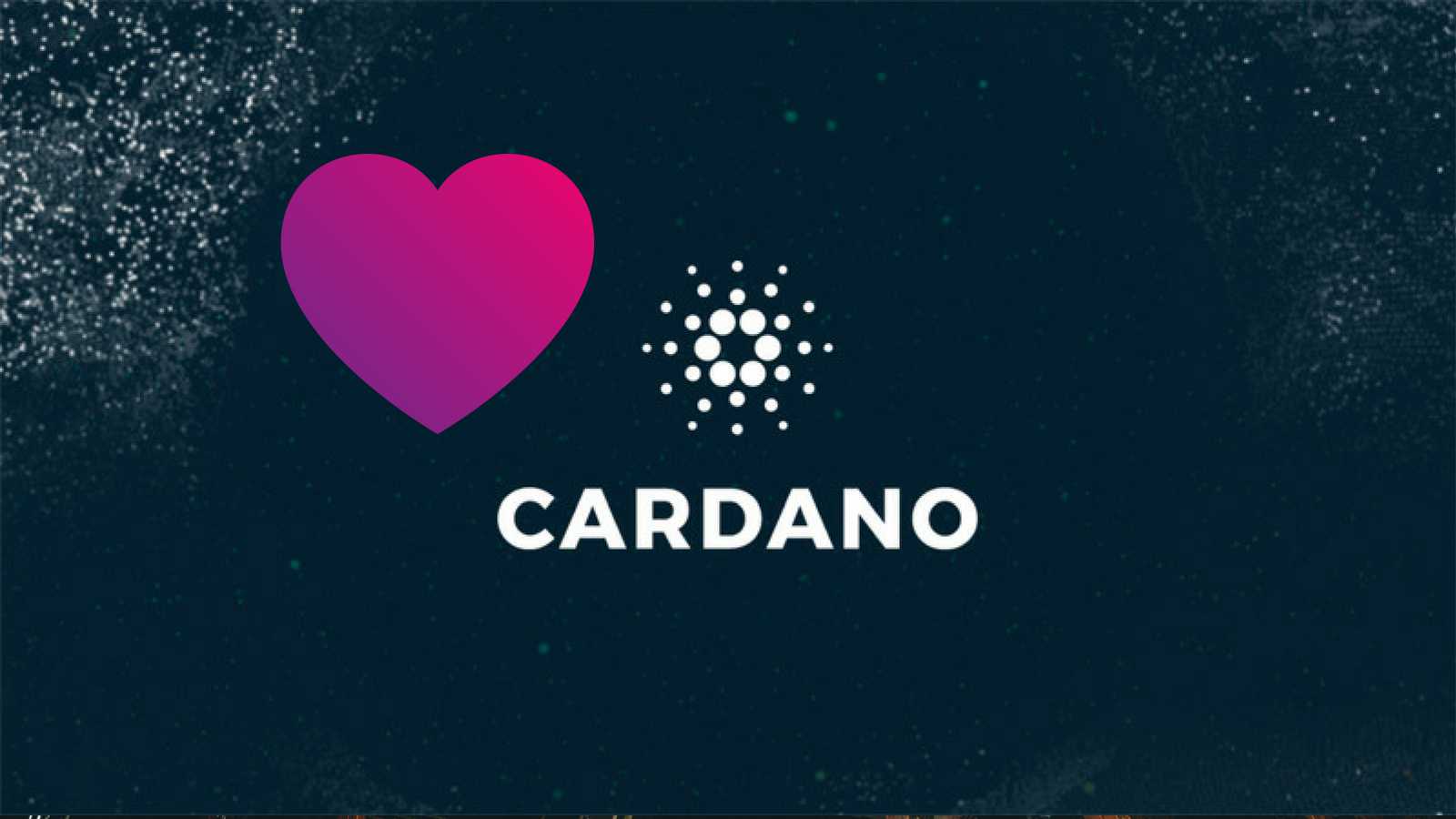In 2016, e-commerce sales amounted to $1.8 trillion, whereas, in 2019, it surpassed $3.5 trillion. Customers are pouring a massive quantity of wealth into online shopping every day. At this growth rate, the industry may seem invincible. However, this is far from the truth. Though the e-commerce sector is doing well, it is not without its unpleasant attributes.
Since its inception, the industry has been under centralized control, making it impossible for outside parties to participate in the operations. Moreover, the current model for marketplaces involves unfair treatment for sellers and overcharging buyers. Everyone wants to avoid exploitation; they need a system that can treat them fairly. A marketplace like Splyt offers a decentralized solution to include everyone in the e-commerce space without any prejudice.
The History of Splyt
Splyt is the brainchild of Cyrus Taghehchian, who developed this project along with Dipen Joshi and Lindsey Mallon in 2018. The project recently completed a funding round through an IDO on Ignition Launchpad and raised close to $2 million from investors like Bigcoin Capital, Master Ventures, and Kyros Ventures. The Splyt team consists of “enthusiasts, engineers, academics, and advisors” from companies like Pepsi, Deloitte, PayPal, Samsung, and IBM.
As per its roadmap, Splyt has integrated Shopify and also achieved the SHOPX Mainnet launch. Though the project is on the Ethereum blockchain, it has plans to build an EVM Polkadot bridge in the future.
Overview of Splyt
Powered by Polkadot, Splyt is the next-generation open-source blockchain inventory intended to be “the next generation of e-commerce.” The platform bridges the gap between brands and customers by standardizing the Transmission Control Protocol (TCP) for e-commerce non-fungible tokens (eNFTs). Additionally, it enables transparent and effortless sales, eliminates the liability between supply chain and e-commerce marketplaces, and streamlines multi-platform affiliate sales.
Spylt Core: The TCP for eNFTs
The Splyt Core App is a marketplace of marketplaces. It allows existing brands and retail stores to plug and play by integrating into Splyt’s ecosystem. The platform relies on eNFTs that manages its global inventory on a distributed ledger. These eNFTs are unique identifiers assigned to each item uploaded by the seller. When a customer purchases an eNFT, Splyt immediately updates itself and removes that particular item from its digital inventory. Thus, making it impossible to buy an out-of-stock item. However, as soon as someone re-uploads the item for resale, the inventory is automatically refreshed.
Polkadot-Based eNFTs
Splyt intends to deploy eNFTs on Polkadot, ensuring the network is scalable since Polkadot-based transactions require fewer validators. Besides, the governance decision can be made on-chain. It means there is no possibility of hard forks.
Moreover, Splyt can accept, validate, and deploy an NFT utilizing any crypto token through Polkadot’s bridges in conjunction with parachains.
SHOPX: Splyt’s Native Token
SHOPX is an ERC-20 token that users can utilize within and outside Splyt’s ecosystem. It has multiple applications, like:
- SHOPX allows buyers and sellers to access the Splyt Core inventory to use it throughout the system.
- Sellers must deposit SHOPX before listing an item for minting a new eNFT to be assigned to their product.
- The Splyt network compensates Arbitrators and Validators in SHOPX tokens to maintain the platform’s integrity and fund future developments.
- Users can take part in the self-governance system of Splyt by staking a portion of SHOPX.
Arbitrators and Validators
Arbitrators and Validators get financial incentives for participating in the Splyt ecosystem.
To become an Arbitrator, the user must stake SHOPX tokens. The higher the stakes, the bigger the financial reward. The network selects an Arbitrator based on randomization. Splyt also deploys a time-weighted system to ensure higher-staked Arbitrators don’t receive a higher number of random claims.
Validators, on the other hand, participate in the Splyt ecosystem through double staking/arbitration. The aim is to prevent the platform from spam/fraudulent listings. While current systems use only a high ratio of “spam:views,” Splyt uses Validators additionally. Their responsibility includes disputing that flagged listing based on the double stake method.
Splyt’s Governance Protocol
The platform’s governance is being gradually decentralized, thanks to the SHOPX token – which entitles token holders to governance rights over Splyt. They can make or suggest changes to the protocol through on-chain voting and improvement proposals.
To take part in these decisions, users can stake SHOPX tokens. The power of a voting stake depends on three primary factors:
a) The number of tokens staked.
b) The period for which a user is willing to lock that amount.
c) A diminishing return for large numbers.
Closing Thoughts
Centralized marketplaces like Amazon and eBay can only take the industry so far before customers realize the benefits of a decentralized alternative. Splyt is such a decentralized platform that pulls its strength from its community. It means users of the network can decide on many of its guidelines and rules. Since the community members run Splyt Core, everyone gets to play a part in creating and maintaining a healthy e-commerce ecosystem.
SHOPX Price
At the time of publication, SHOPX is trading at $1.32, with a market cap of $37,059,955 and a 24-hour trading volume of $831,003.
Join us on Telegram to receive free trading signals.
For more cryptocurrency news, check out the Altcoin Buzz YouTube channel.




























